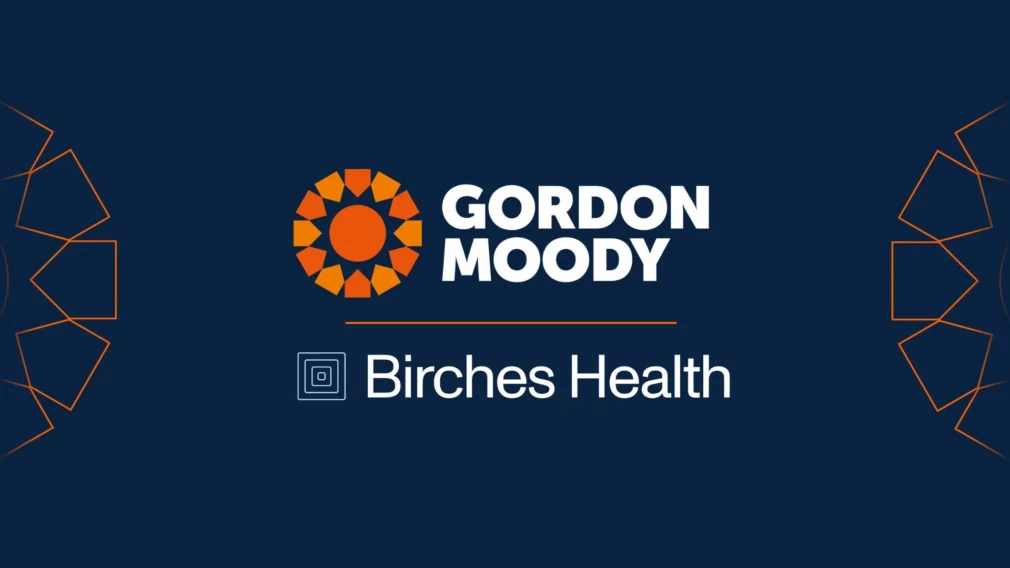Birches Health and Gordon Moody Unite to Create Global Pathways for Gambling Addiction Treatment
Two leaders in gambling harm support: Birches Health in the U.S. and Gordon Moody in the UK, have struck a transatlantic partnership aimed at giving people faster, more direct access to specialized care.

A Cross-Border Lifeline
Birches Health, the leading U.S. provider of gambling addiction treatment, and Gordon Moody, the UK’s foremost charity for severe gambling-related harms, have formalized a referral pathway between their services.
The agreement allows individuals in either network to be directed to the right program—whether that’s intensive residential care in the UK or specialized treatment in the U.S., without the delays or confusion that can accompany cross-border care.
In practice, this means a person struggling with gambling addiction in one country could be fast-tracked into a proven program abroad if it’s deemed the best fit, including private admissions at Gordon Moody.
Sharing Clinical Expertise
The collaboration goes beyond referrals. Both organizations will exchange knowledge, data, and best practice to strengthen the quality and innovation of their treatment models. By combining Gordon Moody’s decades-long experience with Birches Health’s growing U.S. footprint, the partnership aims to raise the global bar for gambling addiction support.
Claire Arnold, Chair of Trustees at Gordon Moody, said the alliance “creates clear pathways into treatment, including private specialist provision where needed, while also sharing our knowledge and clinical expertise to strengthen outcomes for individuals worldwide.”
For Elliott Rapaport, founder and CEO of Birches Health, the partnership reflects an opportunity for the U.S. treatment ecosystem to learn from the UK’s more established regulatory and clinical environment. “We’re excited to collaborate with such a respected and experienced organization to ensure modern models of clinical excellence are shared globally,” Rapaport said.
With gambling expanding on both sides of the Atlantic, the organizations view the partnership as a way to ensure that support systems keep pace with the scale and severity of gambling-related harms.
Recommended
